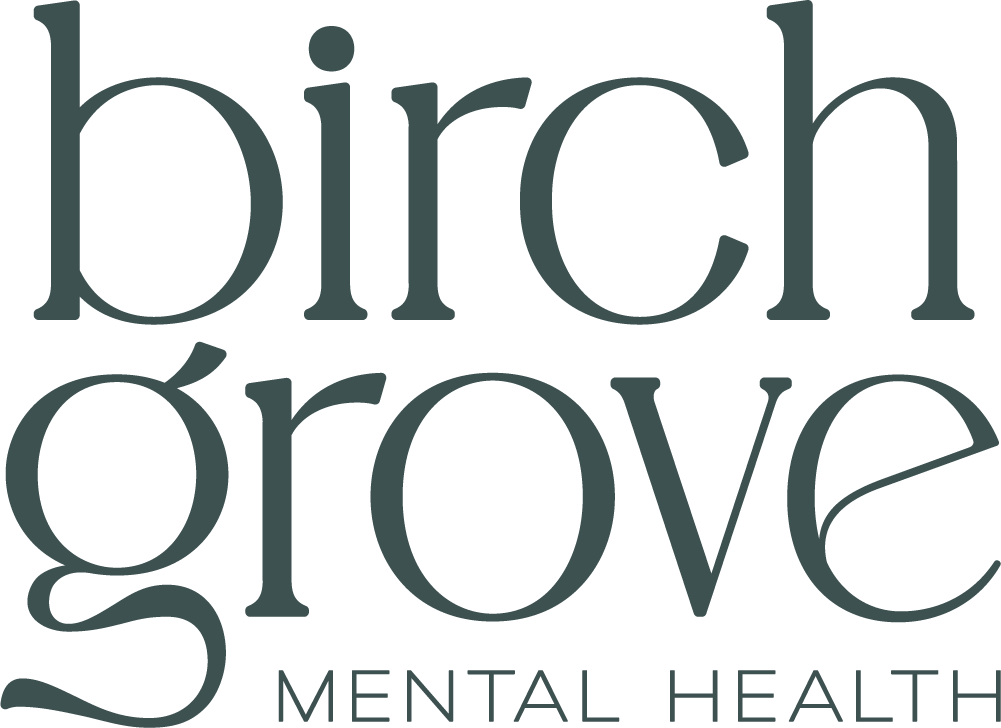Cognitive Behavioral Therapy (CBT) is one of the most widely used and effective approaches for addressing a range of mental health concerns. But what exactly is CBT, and how does it help people improve their emotional well-being?
What is Cognitive Behavioral Therapy (CBT)?
CBT is a form of talk therapy that focuses on the connection between thoughts, feelings, and behaviors. It is based on the idea that negative thought patterns can contribute to emotional distress and unhealthy behaviors. By identifying and challenging these patterns, individuals can develop healthier ways of thinking and coping.
CBT is evidence-based and has been proven effective for a wide variety of issues, including:
- Anxiety and Depression
- Post-Traumatic Stress Disorder (PTSD)
- Obsessive-Compulsive Disorder (OCD)
- Phobias
- Eating Disorders
- Stress Management
How Does CBT Work?
CBT is typically a structured, short-term therapy, often involving the following key components:
- Identifying Negative Thought Patterns:
Clients work with their therapist to uncover unhelpful or distorted thinking patterns that may contribute to their struggles. For example, someone with anxiety might identify a tendency to catastrophize situations.
- Challenging Negative Beliefs:
Therapists help clients question the validity of these thoughts and replace them with more balanced and constructive ones.
- Behavioral Activation:
Clients are encouraged to engage in activities that align with their goals and values, even if they feel difficult initially.
- Developing Coping Skills:
CBT emphasizes building practical tools, such as relaxation techniques, problem-solving skills, and strategies for managing stress.
- Homework Assignments:
Between sessions, clients practice skills in real-life situations to reinforce what they’ve learned during therapy.
Benefits of CBT
CBT has become a popular choice for mental health treatment because of its numerous benefits:
- Structured Approach: It focuses on specific goals and measurable progress.
- Short-Term Treatment: Most people see significant improvements within 12–20 sessions.
- Skill Building: Clients gain tools that they can continue to use long after therapy ends.
- Broad Applicability: CBT is effective for a range of ages, from children to seniors.
Who Can Benefit from CBT?
CBT is suitable for individuals of all ages and can be adapted to meet various needs. Whether you’re dealing with mild stress or a more serious mental health condition, CBT offers practical strategies for improving your quality of life.
At Birch Grove Mental Health, we specialize in CBT as one of our core therapeutic approaches. Whether you’re facing anxiety, depression, or any other challenge, our team is here to guide you on the path to wellness. We offer in-person and telehealth services for clients in Massachusetts, Rhode Island, and New Hampshire.
Resources
- NIH: Exploring Cognitive Behavioral Therapy for Mental Health
- The Harris Center: The Role of CBT in Mental Health Treatment
- NIMH: Overview of CBT Techniques and Benefits
- APA: Understanding Cognitive Behavioral Therapy

